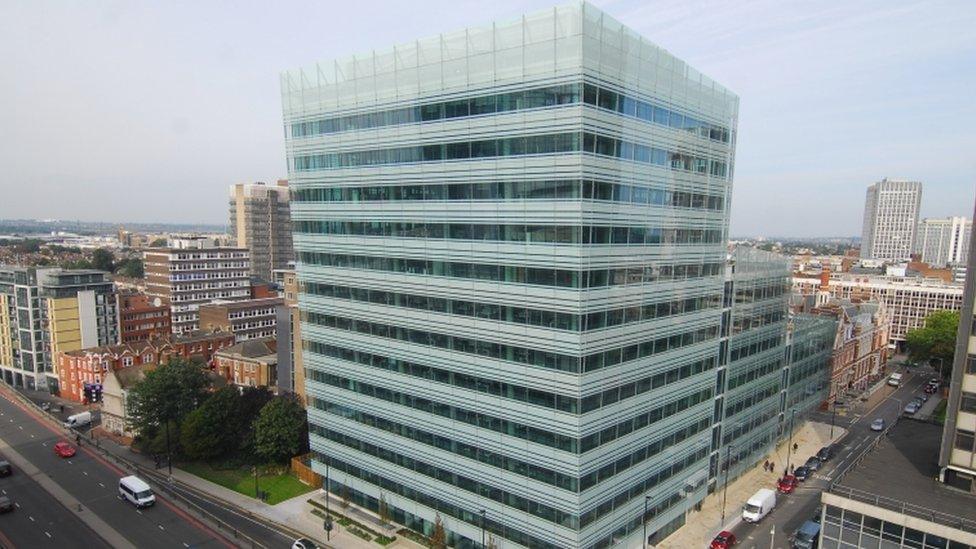Havering Council warns it could soon go bust
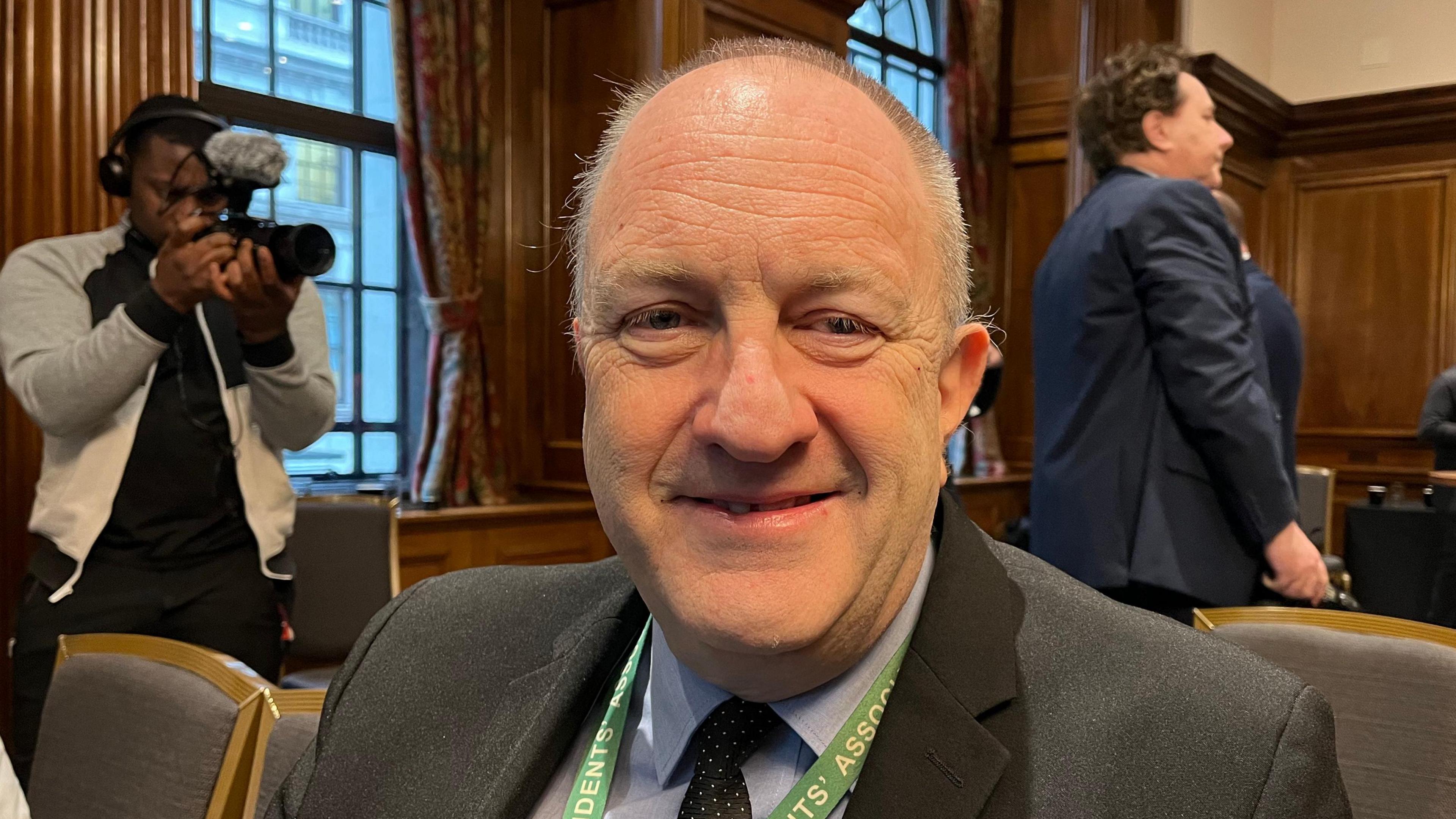
Councillor Ray Morgon says Havering needs a government loan of £54m
- Published
The leader of an east London council has warned his borough has six weeks left until it effectively goes “bankrupt”, unless the government stumps up a £54m loan.
The London Borough of Havering has long been warning that it may not be able to balance its books.
Havering’s leader, Ray Morgon, said: "We've applied to the Department for Levelling Up, Housing and Communities for a 50-odd million-pound loan. If we don't get that we're basically bankrupt."
The government said it had “been engaging with Havering Council around the financial challenges” the borough was facing but did not confirm whether it would be providing the requested funding.
Balancing council budgets
A spokesperson for the Department for Levelling Up, Housing & Communities said it would "continue to work with" the council "closely”.
Local authorities cannot actually go “bankrupt”, external. Instead, what happens if a council cannot balance its budget, is that its finance officer issues what is known as a Section 114 notice.
This prevents the council from carrying out any new spending until it can balance its books again. It can mean councils then have to make cuts to non-statutory services to find savings.
Councils are required by law to produce a balanced budget and Havering, like other local authorities, has until early March to do that.
Why do councils go bust and what happens when they do?
- Published5 March 2024
Mr Morgon said the added spending pressures Havering had faced around social care and housing costs had made the financial situation more difficult.
He warned that more services might have to be cut if the government did not step in within the next few weeks to help the borough, of which no political party has overall control.
He said: “We’re considered to be a well-run council, but literally the demand for social care and housing is far outstripping the amount of money that we have available.
"About 80% of what we use in Havering Council comes from council taxpayers and it's mainly [spent] on social care and housing."
He said "all the things" residents "really value", such as their "streets being cleaned, their potholes being repaired, parks, libraries, etc, a decreasing amount of the funds are going to those".
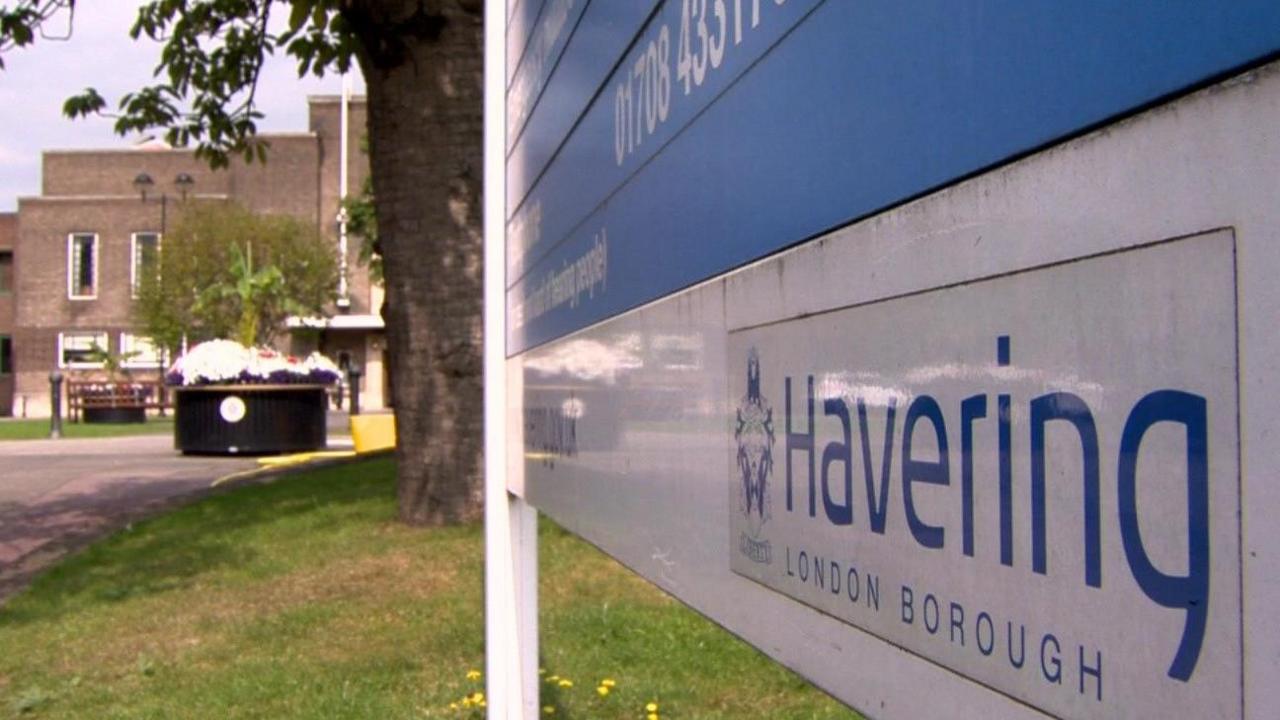
Havering's leader says demand for social care and housing is outstripping the money available
Mr Morgon spoke to BBC Radio London at a meeting of council leaders and MPs in Westminster on Tuesday, which warned that the rising cost to councils of providing temporary accommodation to homeless families could lead to the “end of local government”.
One of the speakers at the event, Jasmine Basran, who is head of policy and campaigns at the homeless charity Crisis, external, said the shortage of social housing in London and “unaffordable” rents in the private sector were putting too much financial pressure on councils.
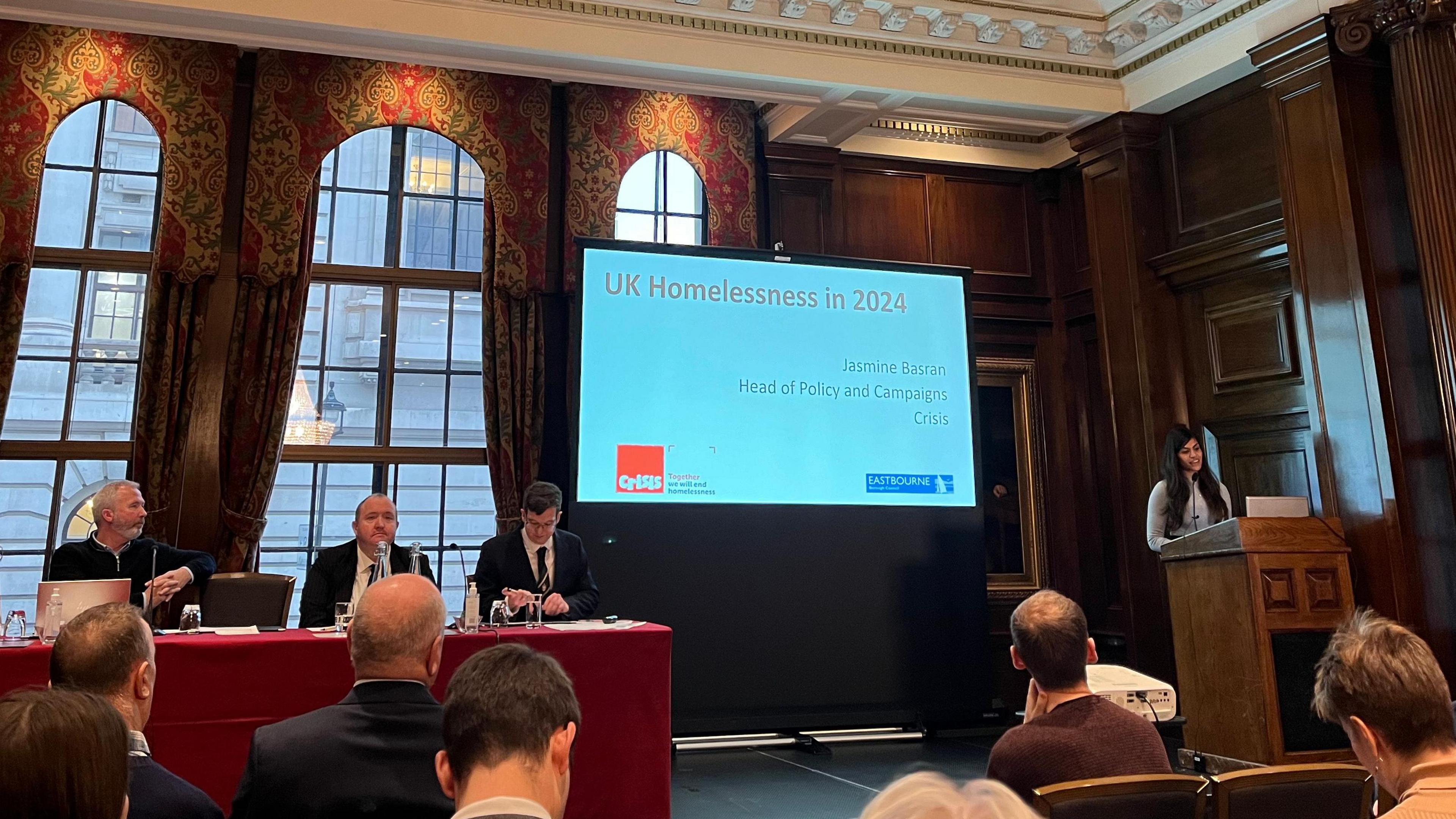
Jasmine Basran from Crisis says "unaffordable" private rents are putting more pressure on councils
“One of the most crucial things we need to see right now is councils funded for the temporary accommodation they provide," she said.
"The amount of money they get is actually frozen at rates from 2011 so it’s hugely out of step with the market.
"That means they have lots of financial liability and that’s driving them to bankruptcy.”
'Epicentre' of homelessness crisis
London Councils, external, the umbrella body that represents London’s 33 local authorities, said London was at "the epicentre of the homelessness crisis with 170,000 households in temporary accommodation”.
It added that London’s local authorities were expected to overspend by a total of £150m on temporary accommodation in the current financial year.
It said that would be on top of the £391m they had already budgeted to spend on temporary accommodation.
The government said it recognised councils were "facing challenges" and it had announced £64bn worth of funding.
Listen to the best of BBC Radio London on Sounds and follow BBC London on Facebook,, external X, external and Instagram., external Send your story ideas to hello.bbclondon@bbc.co.uk
Related topics
- Published22 January 2024
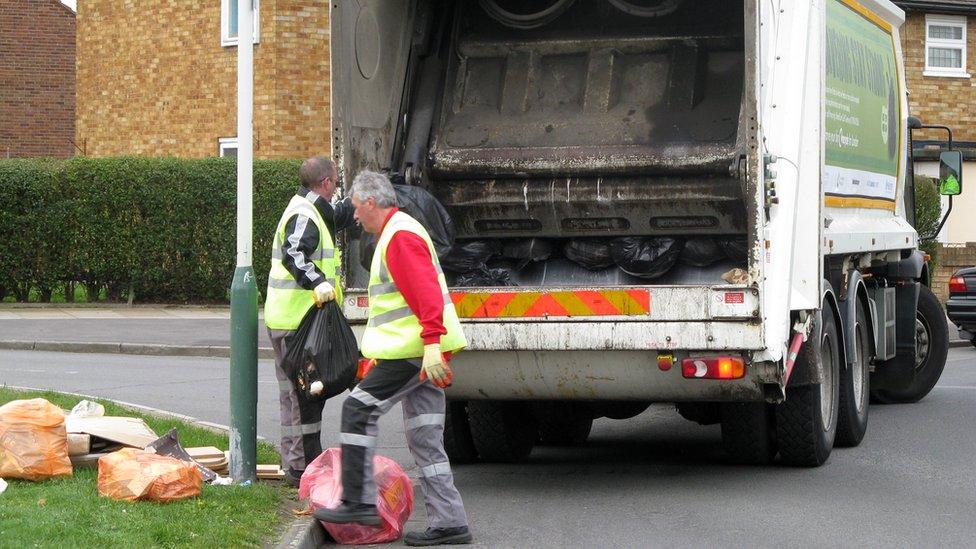
- Published19 January 2024
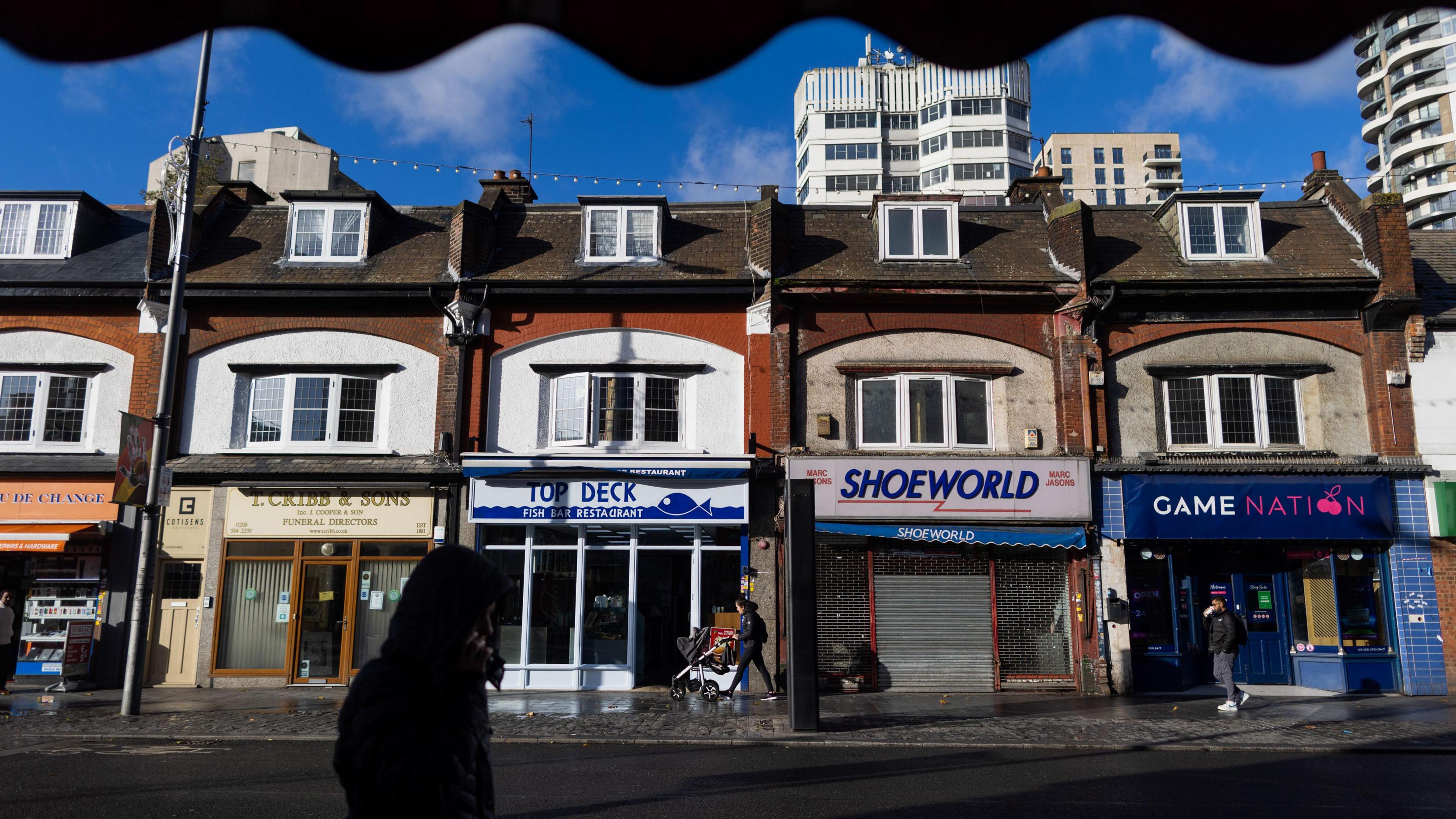
- Published22 November 2022
